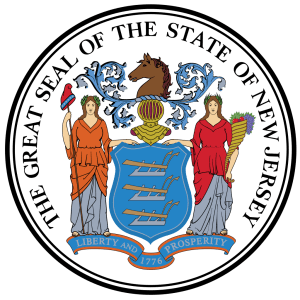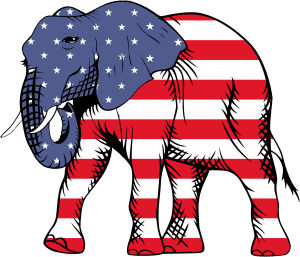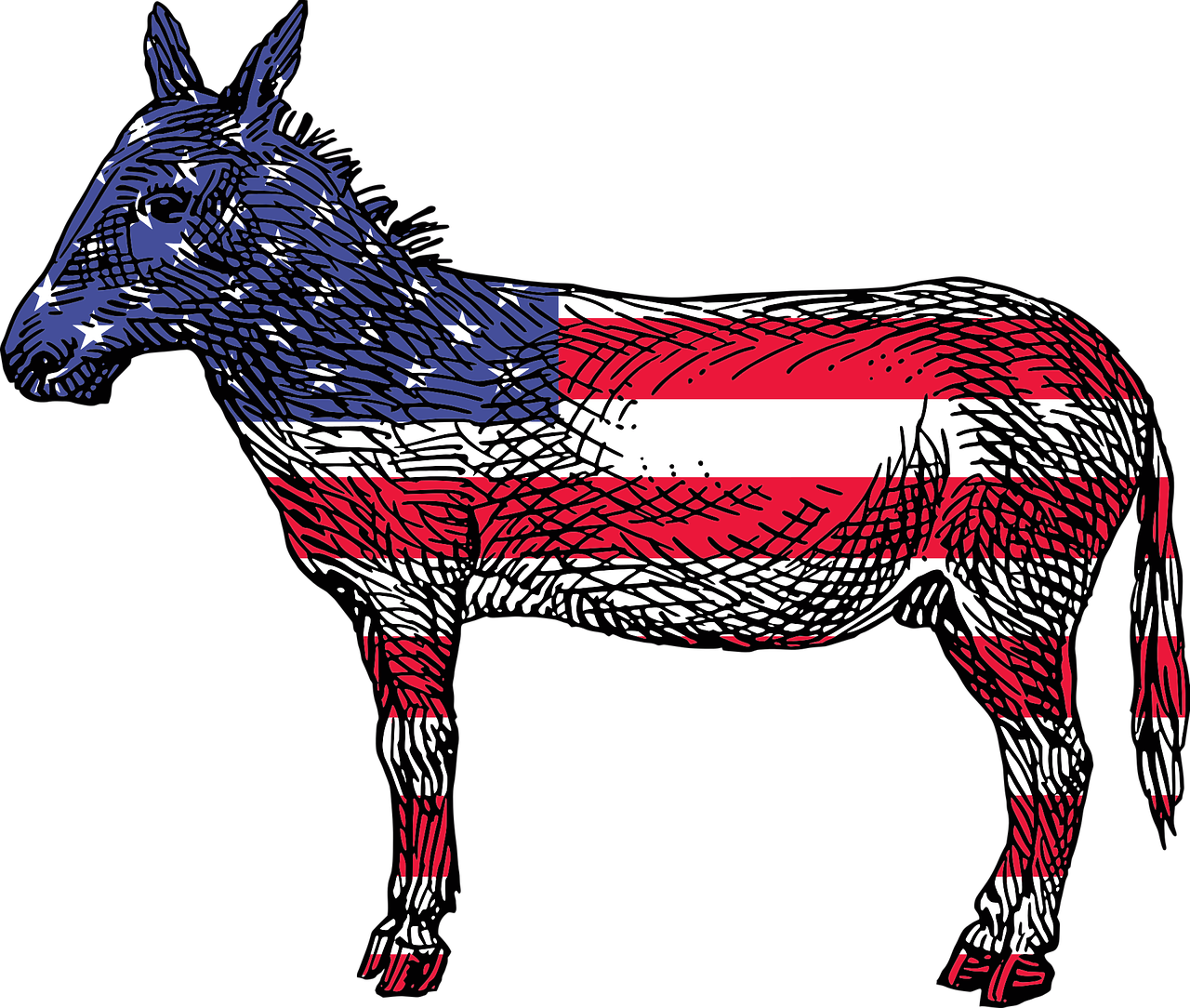 There is a saying in New Jersey politics: Every year is Election Year.
There is a saying in New Jersey politics: Every year is Election Year.
Coming off an omnipresent—and often exhausting—presidential election cycle, the electoral calendar in the coming year is largely quiet in most parts of the country. But as we know, New Jersey isn’t every other state. We do things differently around here – including holding one of our most important statewide elections in the year following a presidential election.
Yes, New Jersey elects a new governor in 2025—one of only two states to do so (along with Virginia). The race will undoubtedly see a significant amount of national attention as political pundits will attempt to use it as a bellwether to judge the popularity of the new presidential administration. But from the perspective of New Jerseyans, the stakes are much more personal. We will be electing our state’s new chief executive, a position that comes with a significant amount of political power. New Jersey’s governor’s seat, in fact, is considered one of the most powerful in the country.
This year’s gubernatorial race is especially notable for another reason: we are guaranteed to have a “new” governor. Incumbent Governor Phil Murphy (D), because he is finishing his second consecutive term, is constitutionally ineligible to run for reelection. New Jersey will therefore be an “open seat,” with no candidate carrying the advantage of being the incumbent.
 This tends to open the race to a larger field of candidates than usual, as neither major party has a presumptive favorite. And sure enough, the field is wide open in both parties this year. On the Republican side, the nominee from 2021—former Assemblyman Jack Ciattarelli—is running once again. After coming within less than three and a half points of defeating Governor Murphy four years ago, Ciattarelli hopes to earn another shot at the seat this November (though the fight could be a bit tougher in Mercer County, where Ciattarelli’s loss was 34% to Murphy’s 65%). He will first have to overcome a group of fellow Republicans in the primary, however, including lawyer, stand-up comedian, former Assemblyman, current State Senator, and longtime New Jersey political presence Jon Bramnick, as well as radio host – and Princeton local – Bill Spadea and former State Senator Ed Durr.
This tends to open the race to a larger field of candidates than usual, as neither major party has a presumptive favorite. And sure enough, the field is wide open in both parties this year. On the Republican side, the nominee from 2021—former Assemblyman Jack Ciattarelli—is running once again. After coming within less than three and a half points of defeating Governor Murphy four years ago, Ciattarelli hopes to earn another shot at the seat this November (though the fight could be a bit tougher in Mercer County, where Ciattarelli’s loss was 34% to Murphy’s 65%). He will first have to overcome a group of fellow Republicans in the primary, however, including lawyer, stand-up comedian, former Assemblyman, current State Senator, and longtime New Jersey political presence Jon Bramnick, as well as radio host – and Princeton local – Bill Spadea and former State Senator Ed Durr.
 The Democratic field, meanwhile, is even larger. Jersey City Mayor Steve Fulop and former State Senate President Steve Sweeney are both running again—they also ran eight years ago before withdrawing prior to the Democratic primary. They will once again face significant opposition. Two prominent members of New Jersey’s federal congressional delegation—Representatives Josh Gottheimer (NJ-5) and Mikie Sherrill (NJ-11)—announced runs in November, joining not only the “Steves,” but also Newark Mayor Ras Baraka and former Montclair Mayor and President of the New Jersey Education Association Sean Spiller in the race.
The Democratic field, meanwhile, is even larger. Jersey City Mayor Steve Fulop and former State Senate President Steve Sweeney are both running again—they also ran eight years ago before withdrawing prior to the Democratic primary. They will once again face significant opposition. Two prominent members of New Jersey’s federal congressional delegation—Representatives Josh Gottheimer (NJ-5) and Mikie Sherrill (NJ-11)—announced runs in November, joining not only the “Steves,” but also Newark Mayor Ras Baraka and former Montclair Mayor and President of the New Jersey Education Association Sean Spiller in the race.
Who will win? Who knows? With so many candidates, voters will have plenty of options, making the results even less predictable than usual. Further, a recent Eagleton poll suggested that most voters, at this point, do not even know who the candidates are. In that poll, in fact, only Sweeney and Ciattarelli had name recognition numbers above 50% (56% and 59% respectively). With name recognition so low and the primaries looming in June, the candidates who can organize and get their messages out most quickly and effectively may have a significant advantage.
But even predicting which party will win in November is tricky. While most consider New Jersey a “blue” state, that really only applies in federal elections—New Jersey has not voted for a Republican Senator or presidential candidate in decades—and not at the gubernatorial level. The state recently had a two-term Republican governor, of course, in Chris Christie, but even before that administration the state tended to swing between the parties at governor. In fact, in the past 50 years, neither party has held the New Jersey governorship for more than two consecutive terms. A Democratic win would, in that sense, be historic.
Further, there are signs that New Jersey on the whole may be moving to the right. In 2021, many onlookers felt Murphy would cruise to reelection. He did win—by 3.2 points over Ciattarelli—but the margin was closer than many expected. More recently, while Vice President Kamala Harris won the state in the 2024 presidential race, that, too, was closer than in past cycles. In 2020, Joe Biden defeated then-President Donald Trump by over 15 points in New Jersey; Harris’s margin of victory was just about six (though here in Mercer County, Harris received over 67% of the vote).
Yet, there are plenty of trends that favor the Democrats running for governor, as well. Democrats continue to hold a significant registration advantage over Republicans in the state and it is unclear whether the gubernatorial race will drive Republican turnout in the same way last year’s presidential race did. Many areas of the state—including Mercer County—continue to be Democratic strongholds, where get out the vote efforts could be even more important in a gubernatorial year.
 Finally, there may well be a “rebound effect” following last year’s race. While the governor’s seat has, as noted, gone back and forth between the parties, it has also followed another trend. In every New Jersey gubernatorial election since 1989—with one exception—the party that lost the previous year’s presidential election won the New Jersey’s governor seat. That one exception? Governor Murphy’s reelection in 2021, following President Joseph Biden’s (D) win the year before. With the new presidential administration likely to be omnipresent in the news, potential backlash could be even stronger than usual; Democrats, certainly, will be quick to capitalize on any part of President Trump’s agenda that proves unpopular in New Jersey.
Finally, there may well be a “rebound effect” following last year’s race. While the governor’s seat has, as noted, gone back and forth between the parties, it has also followed another trend. In every New Jersey gubernatorial election since 1989—with one exception—the party that lost the previous year’s presidential election won the New Jersey’s governor seat. That one exception? Governor Murphy’s reelection in 2021, following President Joseph Biden’s (D) win the year before. With the new presidential administration likely to be omnipresent in the news, potential backlash could be even stronger than usual; Democrats, certainly, will be quick to capitalize on any part of President Trump’s agenda that proves unpopular in New Jersey.
Of course, that raises the question of just what the storylines will be. Will President-Elect Trump campaign for the Republican nominee? How will issues such as immigration and reproductive rights play out on the state level? How involved will Governor Murphy be? And how will state-based issues such as taxes, transportation, education, climate, and equity issues factor in? Governor’s races are, after all, state races and tend to be won on state issues more often than federal issues.
All of this remains to be seen – along with whatever challenges, opportunities, and stories arise during the course of the race, including those driven by the candidates themselves. But one thing is certain: whether we’re ready or not the race has begun, and it is past time to start paying attention. The primaries, after all, are June 10 – less than five months away.

Dr. Kristoffer Shields is the Director of the Eagleton Center on the American Governor at the Eagleton Institute of Politics, Rutgers University. He is also currently serving as the Interim Director of the Eagleton Science and Politics Program.
